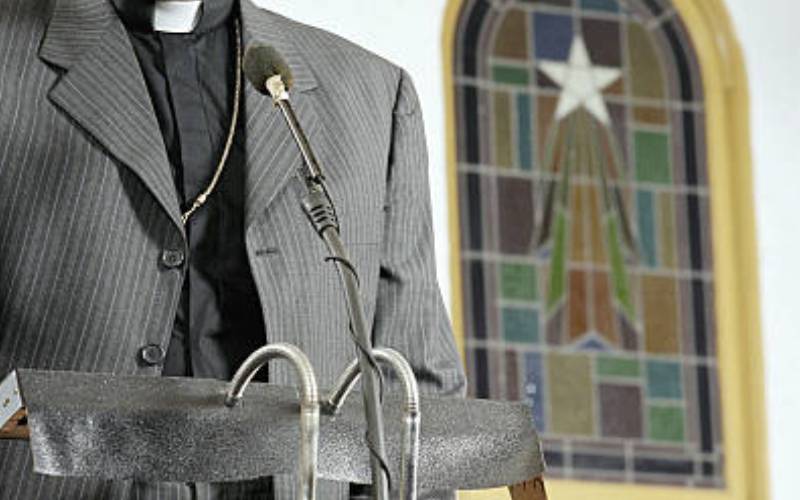×
The Standard e-Paper
Home To Bold Columnists

Men and women of the cloth should not dread Kenya Kwanza and Azimio la Umoja. [iStock]
One Kenyan recently said that electing some politicians is like keeping rats inside a silo. Given our reality, many agreed with him. Public office must be protected from greed and egoism.